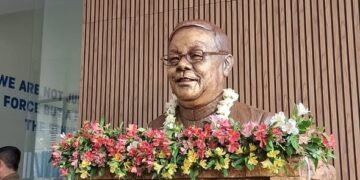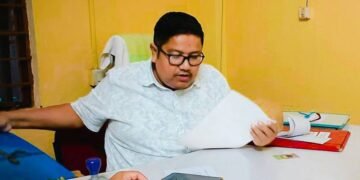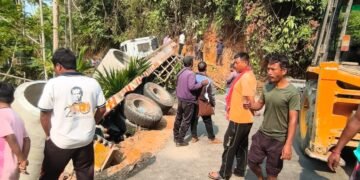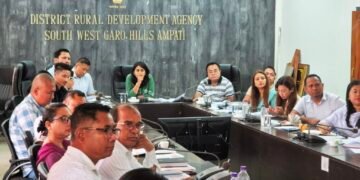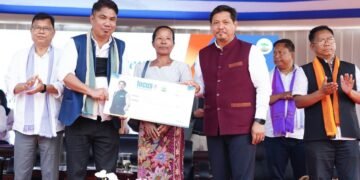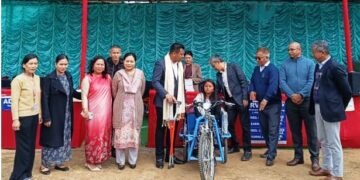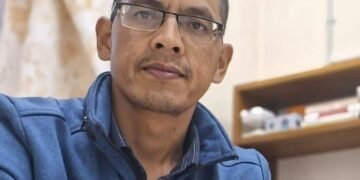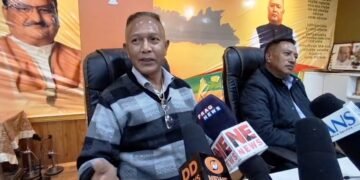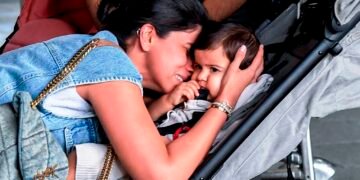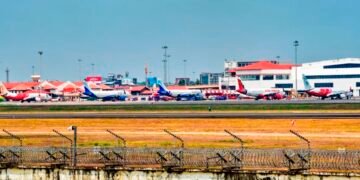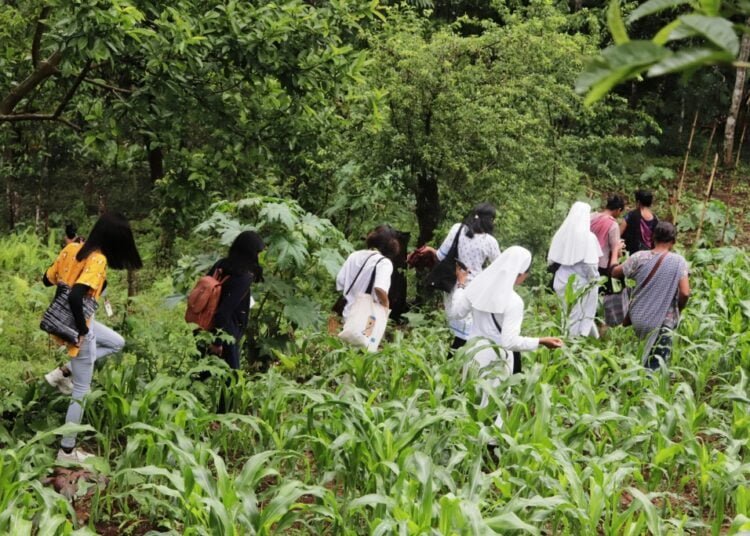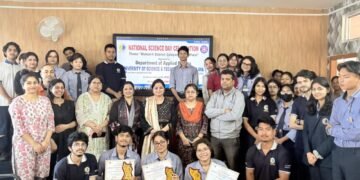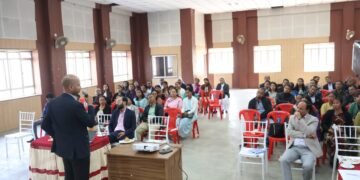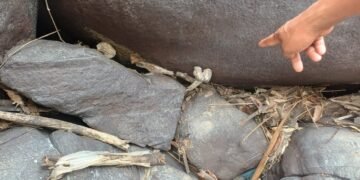Thirty-six students of St. Edmund’s College were on an exposure visit to Khweng village in Ri Bhoi district, which was facilitated by NESFAS today.
The students were drawn from the second Semester students of Bachelor of Social Work. The main objective of this exposure visit is to collaborate with various NGOs for their study tour and rural camps as part of their curriculum and also to understand the works done by such organisations.
During the visit, students learn the best practices of Indigenous Food Systems (IFS), traditional knowledge systems, and witness inspirational stories from the ground.
Khweng community also has the highest agrobiodiversity with over 319 food plants as per the mapping exercise conducted by NESFAS.
Khrawborlang Wahlang, Adviser and Innovation, NESFAS stated that traditional farming and food systems benefit both indigenous farmers and the environment. He also emphasized that NESFAS is working on strengthening women as custodians of biodiversity.
An Agro biodiversity (ABD) walk was also undertaken by students at the nearby food production systems of the village.

